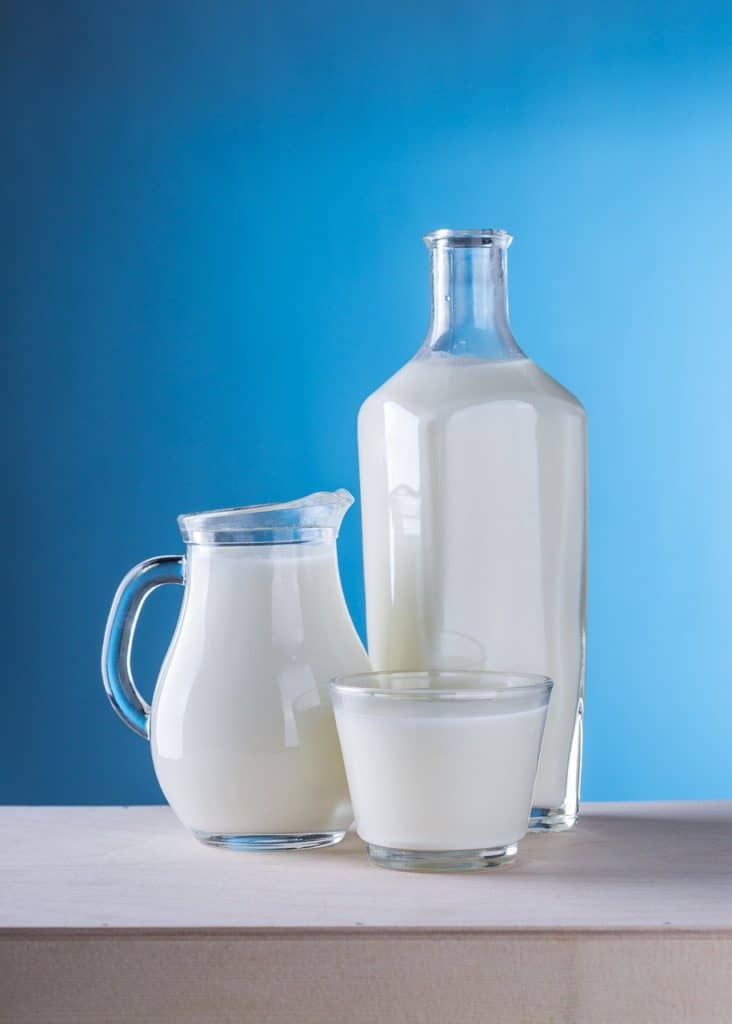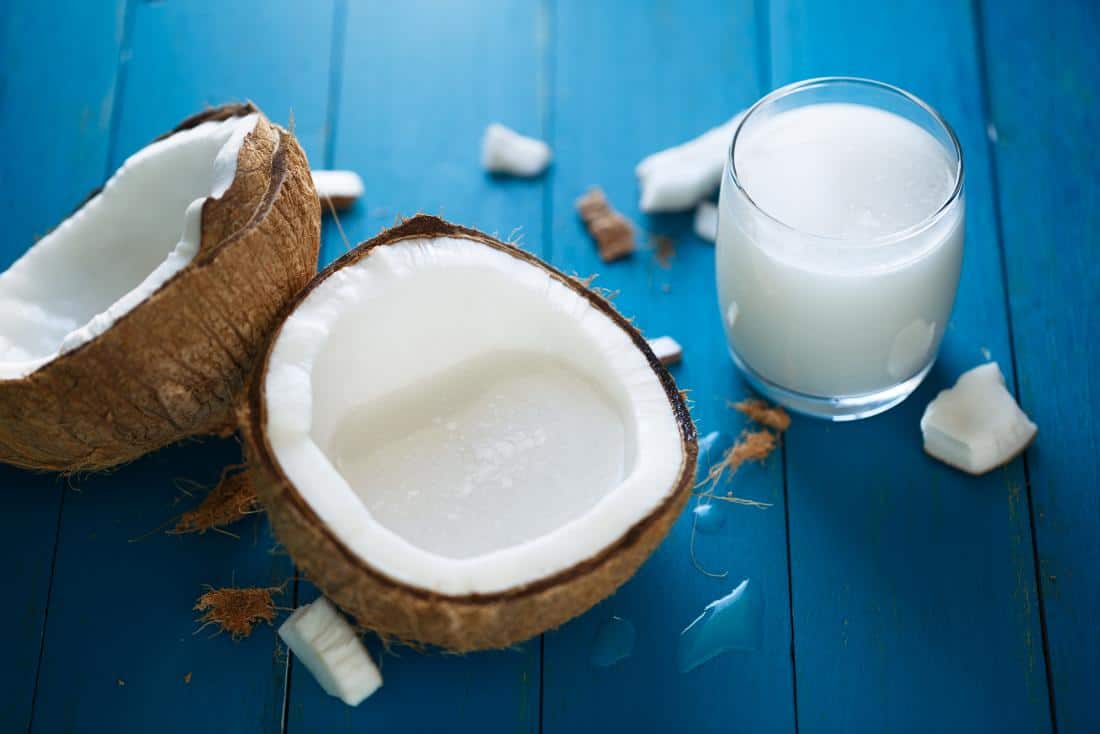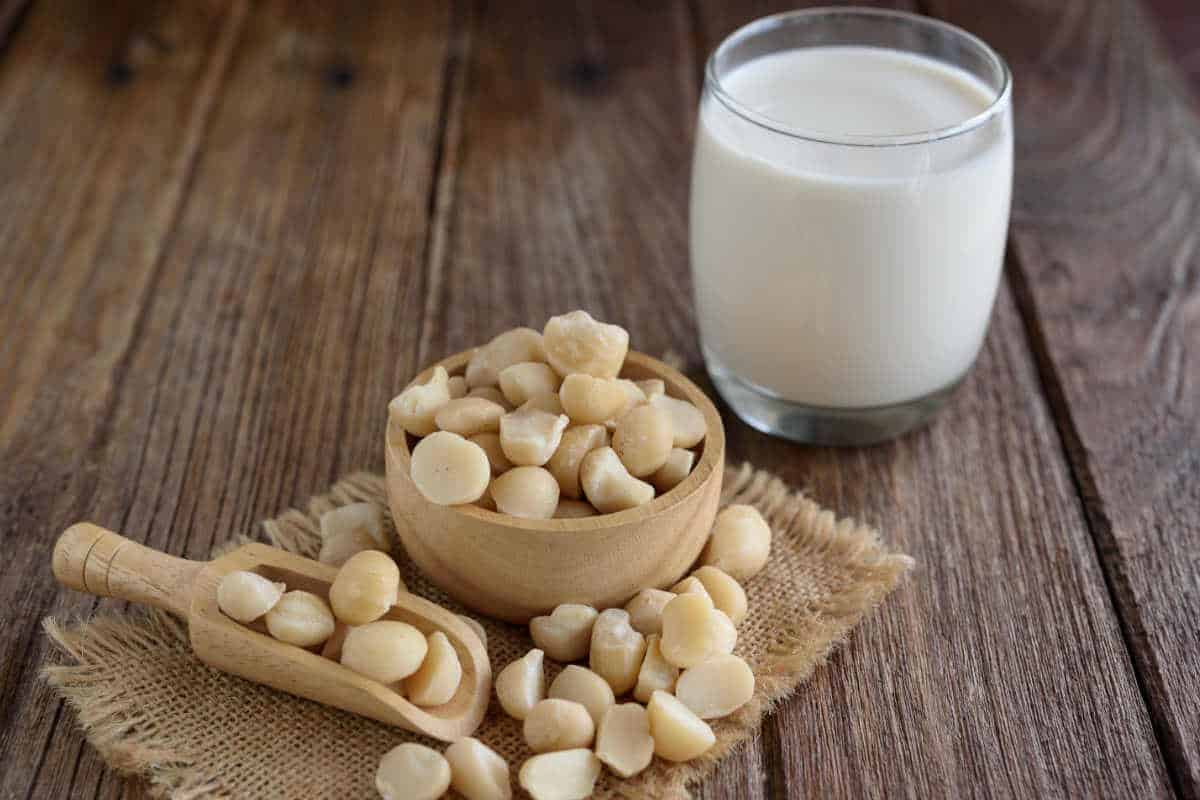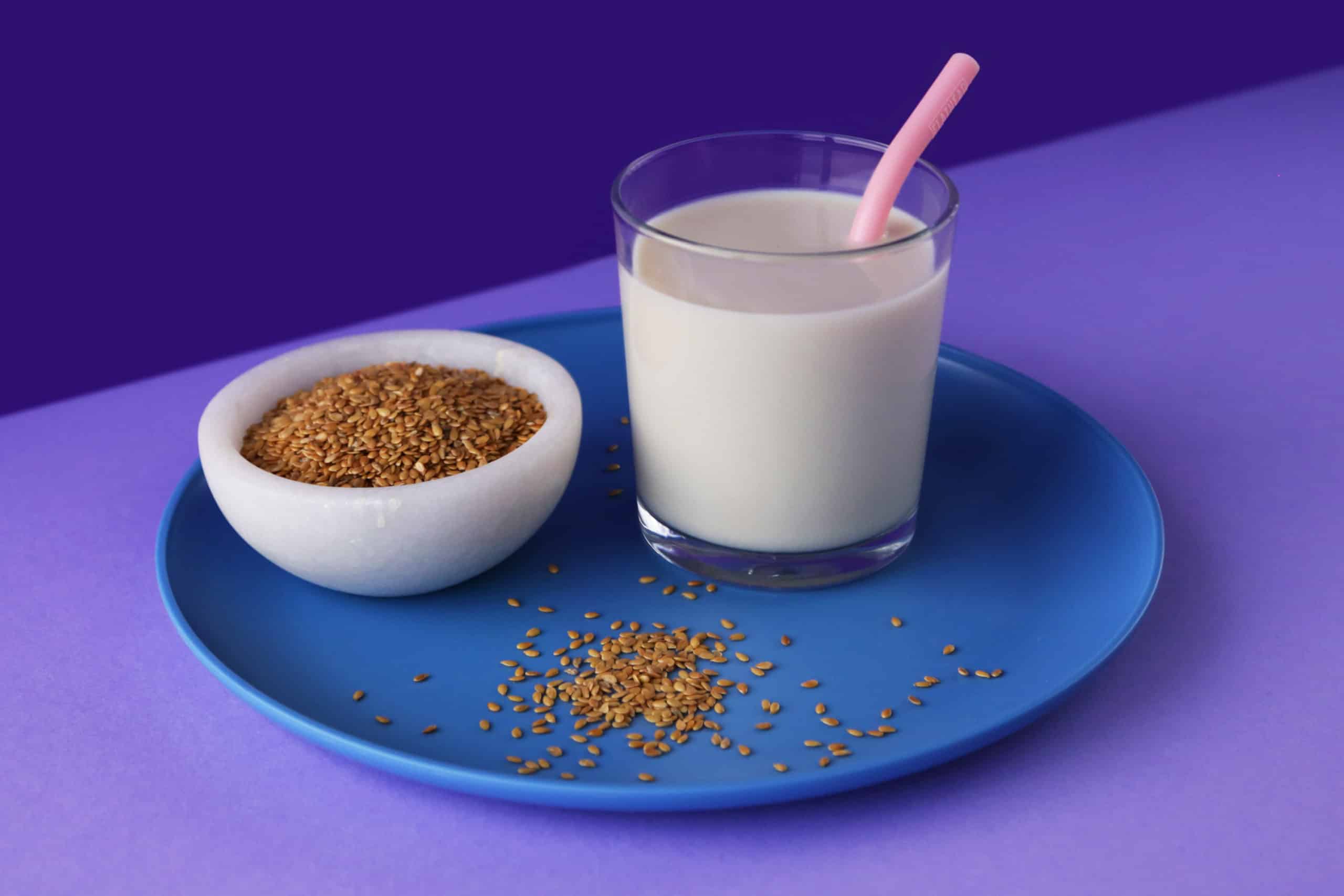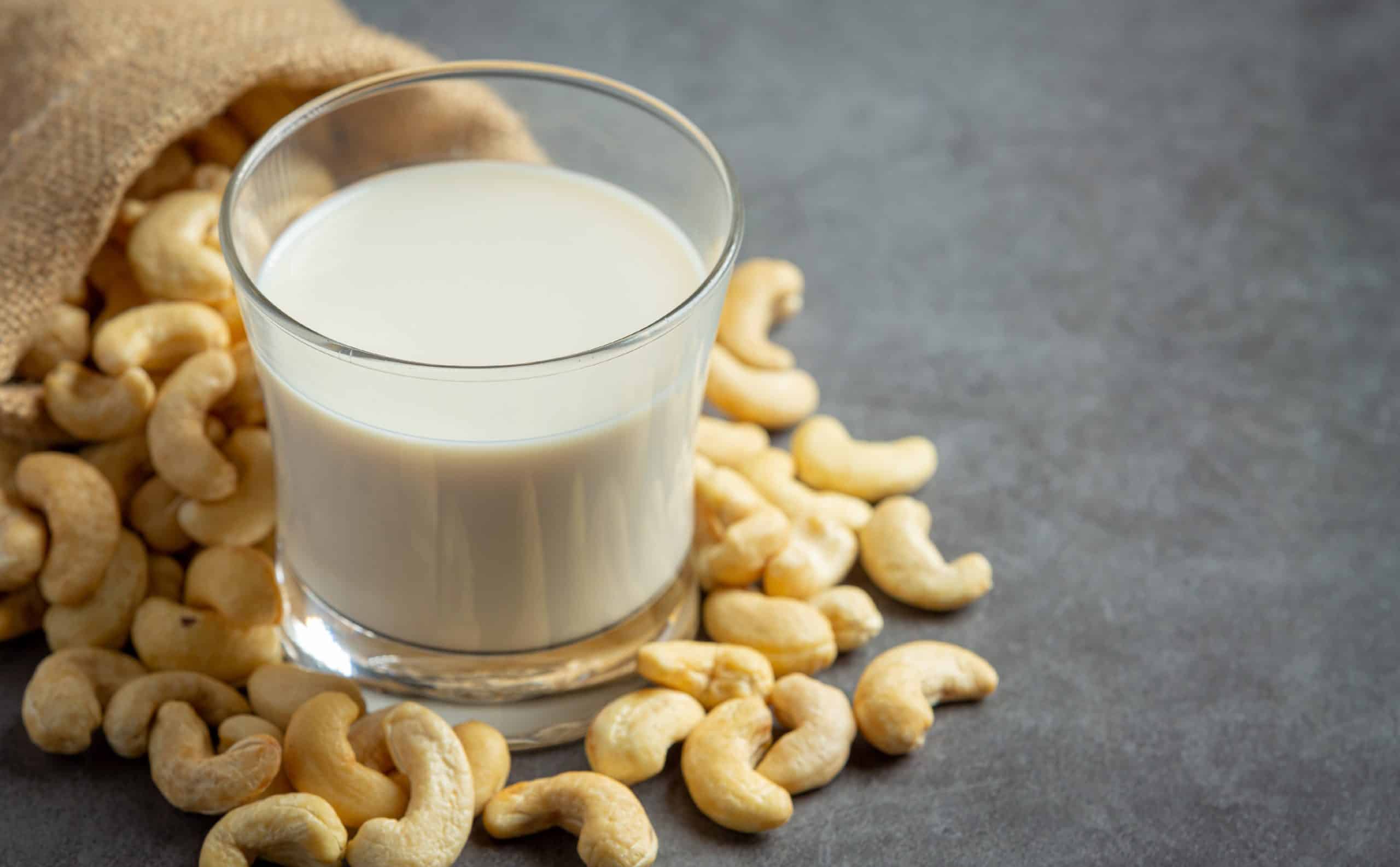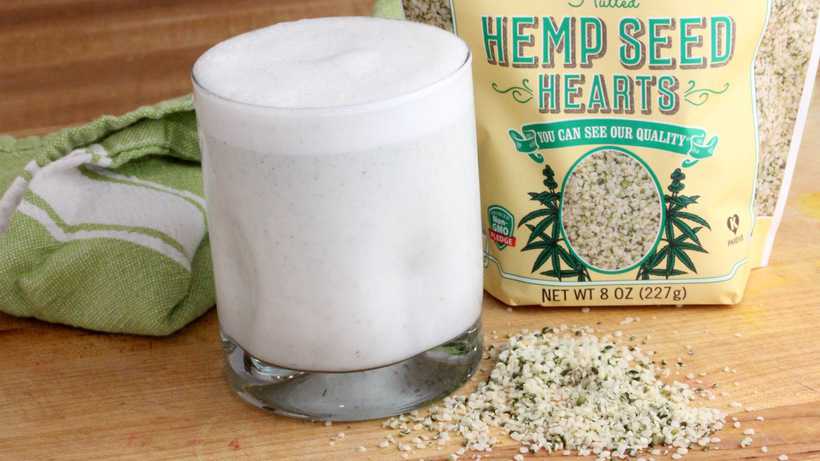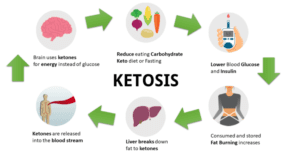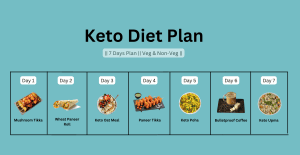Is Milk Keto Friendly?
Milk and milk substitutes are delectable beverages that are essential components in many recipes. Yet, you might be unsure if you can consume them when following a ketogenic diet. A very low-carb, high-fat, moderate-protein diet is called a ketogenic diet. Most people who follow the ketogenic diet must limit their daily carbohydrate consumption to no more than 25 to 30 grams of net carbohydrates. The term “net carbohydrates” refers to the overall amount of carbs minus the amount of fiber.
Milk is generally considered to be keto-friendly in moderation, but it is important to choose a type of milk that is low in carbohydrates and sugar. The ketogenic diet, also known as the “keto diet,” is a high-fat, low-carbohydrate diet that is designed to help the body enter a state of ketosis, in which it burns fat for energy instead of carbohydrates.
Whole milk is generally not considered to be keto-friendly due to its higher carbohydrate and sugar content. One cup of whole milk contains approximately 12 grams of carbohydrates and 11 grams of sugar.
On the other hand, some types of milk, such as unsweetened almond milk and unsweetened coconut milk, are lower in carbohydrates and can be a good choice for those following a keto diet. One cup of unsweetened almond milk contains approximately 1 gram of carbohydrates and 0 grams of sugar, while one cup of unsweetened coconut milk contains approximately 5 grams of carbohydrates and 0 grams of sugar.
It is important to note that milk is not a necessary component of a keto diet and can be replaced with other low-carbohydrate and high-fat options, such as water, unsweetened tea, or unsweetened coffee.
Therefore, milk must have a low net carb count in order to be keto-friendly. While some kinds are not suitable for a ketogenic diet, many different kinds are. So what are the best dairy-free, low-carb keto-friendly milk options to enjoy on keto? Both that work with the ketogenic diet and those that don’t are listed in this article.
Low-carb Keto-friendly Milk Options To Enjoy On Keto Diet-
Low-carb milk options are mostly keto-friendly. Fortunately, there are lots of excellent choices.
But keep in mind that only the unsweetened varieties of these kinds of milk are suitable for keto.
Additionally, due to the various components and formulas used by various brands, carb levels will fluctuate greatly among them. In order to determine whether milk is actually keto-friendly, make sure to thoroughly examine the nutrition statistics on the label.
Here are some keto-friendly milk options:
Almond Milk
Unsweetened Almond milk is probably the most used milk on keto. It’s inexpensive, sold at most grocery stores, and relatively low in carbs, containing just 1 gram of net carbs per cup (240 mL).
Coconut Milk
Coconut milk is also a good choice for keto, but some brands contain up to 5 grams of net carbs per 1 cup (240 mL) serving. Since this is one-fifth of the daily keto carbohydrate intake, it should be used sparingly. It’s an amazing high-fat, keto-friendly drink and one of the richest in healthy fats, which studies have shown to promote HDL cholesterol levels and decrease colon cancer cells.
Macadamia Nut Milk
Macadamia milk is more expensive than other keto-friendly milk, but it’s the lowest in carbs. One cup (240 mL) has 1 gram of fiber and 0 net carbs
Flax milk
Made with flax seeds, flax milk is rich in anti-inflammatory omega-3 fats. One cup (240 mL) contains only 1 gram of net carbs. It is a perfect option not only for those on a low-carb diet but also for those who are lactose intolerant and/or allergic to soy. Unsweetened soy milk contains 1 gram of fiber and 3 net carbs per cup (240 mL). Plus, it provides 7 grams of protein.
Cashew milk
Cashew milk contains only 2 grams of net carbs per cup (240 mL) of Pea milk. As a legume, peas are naturally high in protein, and pea milk boasts 8 grams of protein and 2 grams of net carbs per 1 cup (240 mL)
Half-and-half
Half-and-half is a combination of whole cow’s milk and heavy cream. It contains only 1 gram of net carbs per ounce (30 mL) and is a good substitute for cow’s milk in coffee and cooking.
Heavy cream
Heavy cream is the fatty portion separated from fresh cow’s milk to make butter or whipped cream. It’s high in fat and calories but contains only 1 gram of net carbs per ounce (30 mL).
Hemp milk
Whether you’re vegan or simply looking for a type of plant-based milk to fit those low-carb macro goals, hemp milk has you covered. Along with being cholesterol- and lactose-free, hemp milk comes packed with calcium, manganese, phosphorus, magnesium, iron, zinc, and vitamin E. One cup serving of hemp milk contains 80 total calories with 7 grams of fat, less than 1 gram of carbs, and 3 grams of protein.
Homemade Low carb Keto Milk Recipes
If you are following a ketogenic diet, also known as the “keto diet,” and are looking for low-carbohydrate milk alternatives, there are several homemade options that you can try. These homemade milk recipes are typically lower in carbohydrates than cow’s milk and can be a good choice for those following a keto diet. Here are a few homemade low-carb keto milk recipes to try:
For Homemade Keto Nut Milk (also works with sunflower seeds):
- Soak 1 cup of raw nut overnight.
- Rinse the nuts and add to your blender with 4 cups of filtered water.
- Blend until smooth.
- Drain the mixture through a muslin cloth or nut bag.
- Squeeze out the almond milk from the almond meal pulp.
- Enjoy immediately or store in an airtight container for 3-5 days.
For Homemade Keto Seed Milk (Flax or Hemp):
- Add ½ cup of seeds and 4 cups of water to your blender.
- Blend until smooth.
- Carefully strain the mixture through a muslin cloth or nut bag and discard the pulp (or use it as a substitute for a flaxseed meal in vegan keto porridge).
- Enjoy immediately or store the milk in a sealed container in the fridge for up to a week.
Keto-friendly flavoring options for the home-made nut or seed milk:
- Use a teaspoon of sugar-free vanilla extract for vanilla flavoring.
- Blend in your favorite keto sweetener to your preferred sweetness.
- Blend in pure cocoa powder for a keto-friendly chocolate milk substitute.
- Add cinnamon, ground ginger, pumpkin pie spice mix, and/or other spices.
- Add a pinch of salt.
Almond Milk
Almond milk is a low-carbohydrate and high-fat milk alternative that is easy to make at home. To make almond milk, soak 1 cup of almonds in water overnight. Drain and rinse the almonds, then blend them with 4 cups of water until smooth. Strain the mixture through a cheesecloth or nut milk bag to remove the almond solids, then refrigerate the almond milk. One cup of unsweetened almond milk contains approximately 1 gram of carbohydrates and 0 grams of sugar.
Coconut Milk
Coconut milk is a low-carbohydrate and high-fat milk alternative that is easy to make at home. To make coconut milk, blend 1 cup of unsweetened shredded coconut with 4 cups of water until smooth. Strain the mixture through a cheesecloth or nut milk bag to remove the coconut solids, then refrigerate the coconut milk. One cup of unsweetened coconut milk contains approximately 5 grams of carbohydrates and 0 grams of sugar.
Hemp Milk
Hemp milk is a low-carbohydrate and high-fat milk alternative that is easy to make at home. To make hemp milk, blend 1 cup of hemp seeds with 4 cups of water until smooth. Strain the mixture through a cheesecloth or nut milk bag to remove the hemp solids, then refrigerate the hemp milk. One cup of unsweetened hemp milk contains approximately 2 grams of carbohydrates and 0 grams of sugar.
It is important to note that these homemade milk alternatives are not a necessary component of a keto diet and can be replaced with other low-carbohydrate and high-fat options, such as water, unsweetened tea, or unsweetened coffee.
Takeaway
As for traditional milk, the answer is no, it is not keto friendly. But plant-based, non-dairy alternatives are fine, as long as they’re low-carb enough.
When shopping keto milk alternatives, go for low-carb, higher-fat varieties whenever possible. Almond milk is a ketone favorite hitting the non-dairy milk aisles, while coconut milk is also a good option. There are plenty of other great alternatives to choose from, keeping in mind that not all plant-based milk is keto-friendly. In addition to replacing milk in your low-carb diet, milk alternatives can help you meet your macros and provide added benefits such as providing important vitamins and minerals. With so many choices, there’s a keto-friendly milk alternative for everyone.
So what’s stopping you from starting your own inspiring keto transformation? This is as easy as it gets, so what is your excuse now? Get yourself started today and Stay tuned for more such keto weight loss journeys, health content, and recipes! Also, don’t forget to follow us on Instagram for the daily dose of the Keto Lifestyle!

